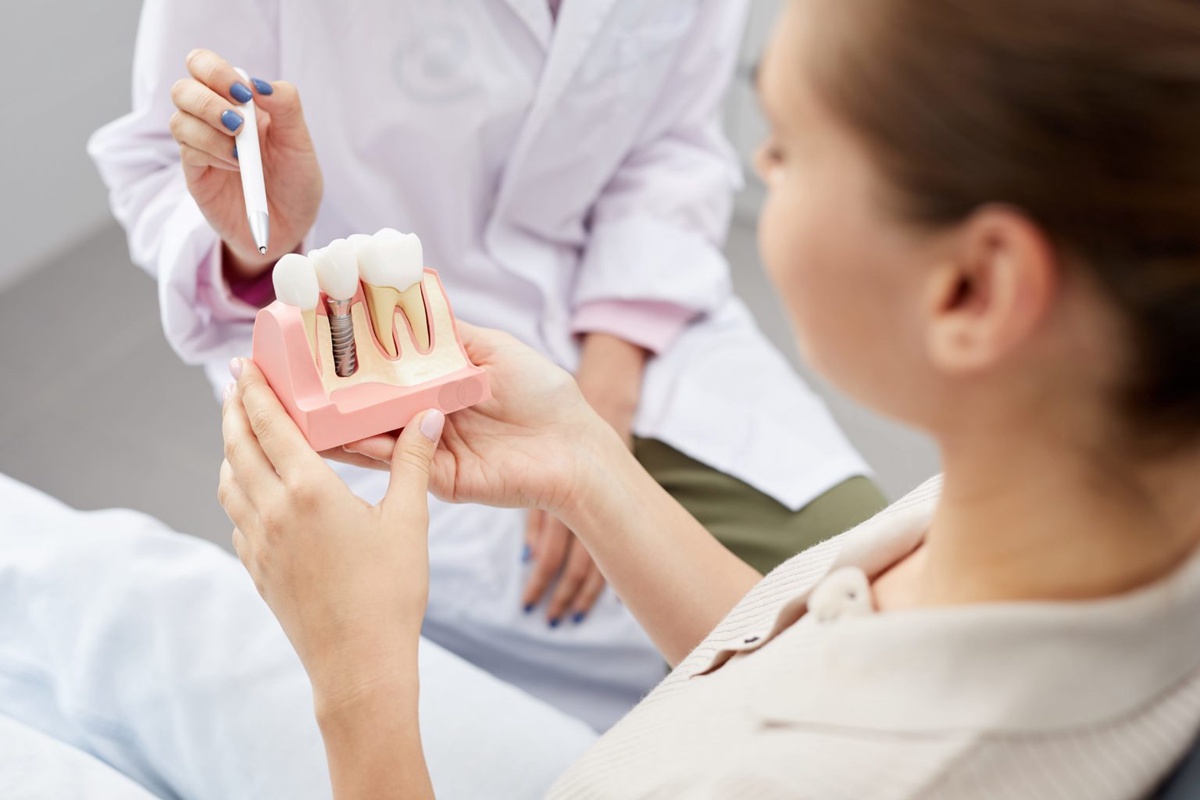As winter arrives and the temperature drops, many individuals find themselves grappling with the unwelcome companion of sensitive teeth. The phenomenon of tooth sensitivity during colder months is not uncommon and can be attributed to various factors. Understanding why sensitive teeth become more prevalent in winter and learning practical tips from dentists can empower individuals to tackle this issue and enjoy the season with a confident smile.
Why Winter Brings About Tooth Sensitivity:
- Temperature Fluctuations: The most apparent reason for tooth sensitivity in winter is the abrupt change in temperature. Exposure to cold air, especially when breathing in deeply, can trigger discomfort in individuals with sensitive teeth. Similarly, consuming hot beverages or foods can also induce pain.
- Dry Winter Air: Winter often brings dry air, both outdoors and indoors. The lack of humidity can contribute to dehydration, affecting the moisture balance in the mouth. Dry oral tissues may lead to increased sensitivity.
- Holiday Indulgences: The holiday season is synonymous with festive treats, some of which may be high in sugar or acidic content. Consuming these foods and drinks can exacerbate tooth sensitivity, particularly if there are pre-existing dental issues.
Dentist-Recommended Tips to Alleviate Tooth Sensitivity:
Use a Desensitizing Toothpaste:
- Dentists often recommend desensitizing toothpaste containing ingredients like potassium nitrate or fluoride. Regular use can help alleviate tooth sensitivity by building a protective barrier over the exposed dentin.
Maintain Good Oral Hygiene:
- Practicing meticulous oral hygiene is crucial in managing tooth sensitivity. Brushing twice a day with a soft-bristled toothbrush and fluoride toothpaste, along with daily flossing, removes plaque and prevents gum recession, a common cause of sensitivity.
Choose a Soft Toothbrush:
- Opt for a soft toothbrush to minimize irritation to the gums and enamel. Aggressive brushing with a hard-bristled brush can contribute to gum recession and enamel wear, increasing tooth sensitivity.
Avoid Trigger Foods and Drinks:
- Limiting the consumption of acidic and sugary foods is vital in managing tooth sensitivity. These substances can erode enamel and contribute to heightened sensitivity. Instead, opt for tooth-friendly alternatives and maintain a balanced diet.
Stay Hydrated:
- Combat the dry winter air by staying adequately hydrated. Drinking water helps maintain saliva production, which is essential for oral health. Saliva acts as a natural lubricant and remineralizes tooth enamel.
Consider Fluoride Treatments:
- Dentist mt pleasant sc may recommend professional fluoride treatments to strengthen tooth enamel. These treatments can be administered during regular dental checkups and play a significant role in reducing sensitivity.
Address Underlying Dental Issues:
- If tooth sensitivity persists, it's essential to consult with a dentist. Underlying issues such as cavities, gum disease, or enamel erosion may contribute to sensitivity and require professional intervention.
Conclusion:
Winter may bring challenges for those with sensitive teeth, but proactive measures can make the season more enjoyable. By incorporating dentist-recommended tips into daily oral care routines and addressing any underlying dental concerns, individuals can navigate the colder months with a confident and pain-free smile. Remember, dental health is a year-round commitment, and by prioritizing it, you can savor the joys of winter without the discomfort of tooth sensitivity.


No comments yet